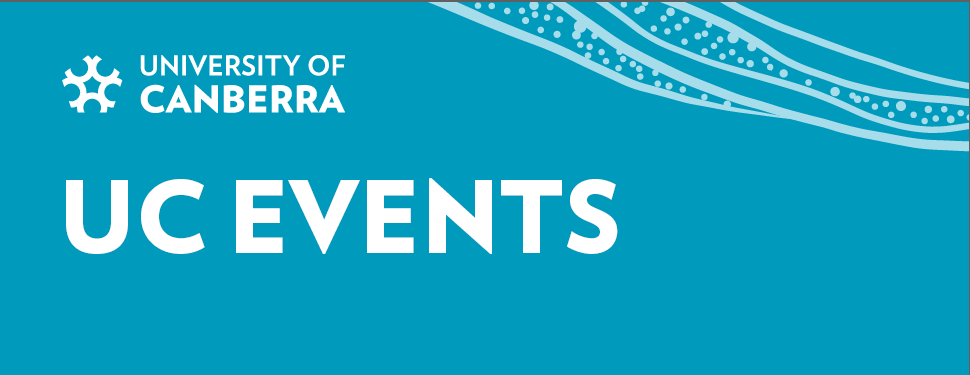First Aid Course
UCLifex and Surf Life Saving NSW are bringing a First Aid course straight to you on campus to make it as simple as possible for you to get certified! There are 2 course options, please see the details of each below to choose which course you'd like to do. Please note, HLTAID011 includes HLTAID009, both courses are run together, those only completing the CPR component (HLTAID009) will just finish earlier in the day. Please only book ONE of the below courses. Course 1.HLTAID009 - Provide cardiopulmonary resuscitationCourse DescriptionThe Cardiopulmonary Resuscitation (CPR) course delivers the essential principles, skills and knowledge to maintain or restore breathing and circulation in an adult, child or infant. The course content is based on the policies and standards of the Australian Resuscitation Council.Course ContentRecognise an emergency situation and convey details of the incident to emergency servicesLegal issues and infection controlAssessing the casualty and recognising the need for CPREmergency action principles - DRSABCDPlan an appropriate first aid responseExternal cardiac compressions (CPR)Adult, infant and child CPR rates and techniquesOne and two person CPR techniquesUse of an Automated External Defibrillator (AED)Contribute to workplace reporting of an incident and psychological impacts on self and othersDuration - 2.5 hours including assessment.Entry Requirements - Participants must be a minimum of 10 years of age on the date of final assessment.Assessment - The course is assessed through demonstration*, presentation and application of all elements of competency in the workplace. Participants will be required to complete activities that may include role-plays, oral and written questioning, practical demonstrations and performing scenarios. Please note, it is a requirement of this course that practical demonstration of CPR must be performed on the floor.Certification - Upon successful completion of the course, participants will receive a nationally recognised statement of attainment for the following unit of competency: - HLTAID009 - Provide cardiopulmonary resuscitationValidity - One (1) year from date of course. It is recommended by the Australian Resuscitation Council that you update your CPR skills every 12 months.Course 2.HLTAID011 - Provide First AidCourse DescriptionThis course provides participants with the knowledge and skills needed to manage emergency first aid situations and deliver competent emergency care until the arrival of professional medical support. Once completed, participants will obtain a first aid certificate that is valid for three years. The Provide First Aid course is nationally recognised ACECQA approved training.Course ContentLegal issues and infection controlDRSABCD action planThe principles of first aid and its applicationsRecognition and management of emergency situations and convey details of the incident to emergency servicesCardiopulmonary Resuscitation (CPR) and DefibrillationContribute to workplace reporting of an incident and psychological impacts on self and othersTreatment of shock, infection, fractures, bleeding and burnsEmergencies due to lack of oxygen, excess heat or coldRecognition and management of medical conditions that may need emergency care, including heart attack, stroke, asthma, diabetes and epilepsyManagement of common medical emergencies using available equipmentTreatment of poisoning including venomous bites and stingsEntry Requirements - Participants must be a minimum of 14 years of age on the date of final assessment.Delivery Options - One full day of training (8 hours) plus a question and answer workbook (available online) to be completed independently prior to the day of practical training.Assessment- This course is assessed through demonstration, presentation and application of all elements of competency in the workplace. Participants will be required to complete activities that may include role-plays, oral and written questioning, practical demonstrations and performing scenarios. Please note, it is a requirement of this course that practical demonstration of CPR must be performed on the floor.CertificationUpon successful completion of the course, participants will receive a nationally recognised statement of attainment for the following units of competency:- HLTAID009 - Provide cardiopulmonary resuscitation - HLTAID010 - Provide basic emergency life support- HLTAID011 - Provide First AidPre Course Learning - Approximately 1 hour online activities.Validity - Three (3) years from date of course. It is recommended by the Australian Resuscitation Council that the CPR component of this course be updated every 12 months


